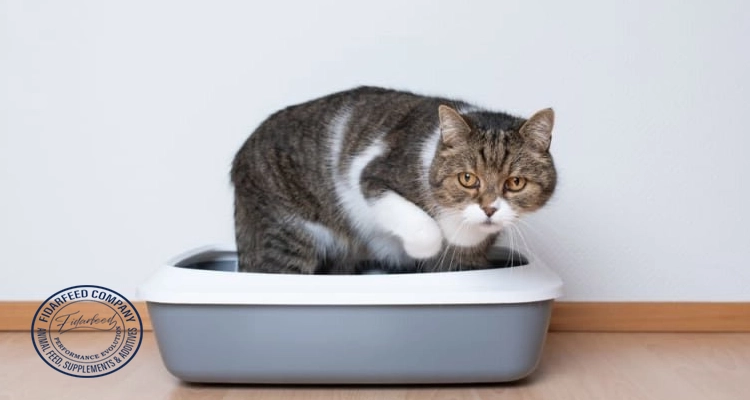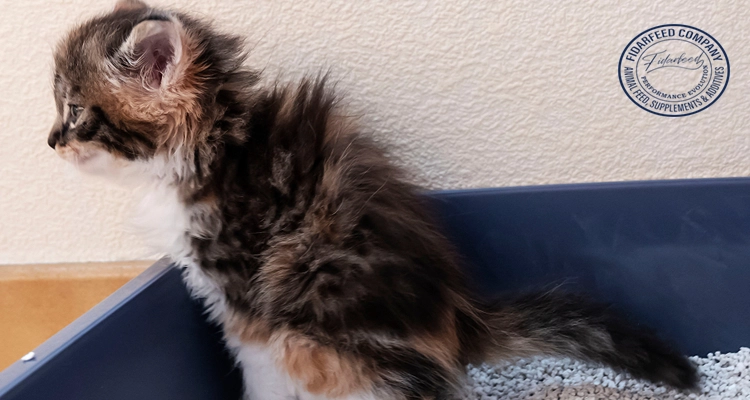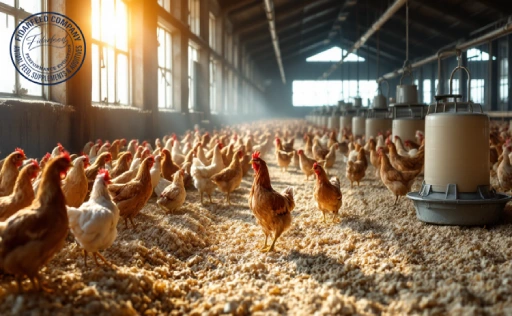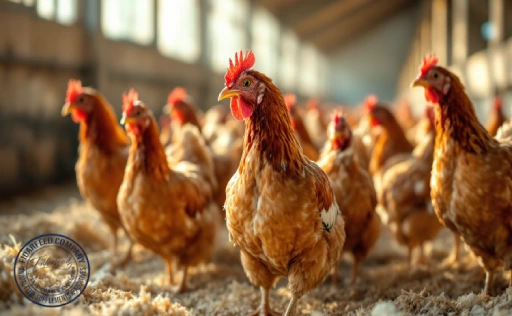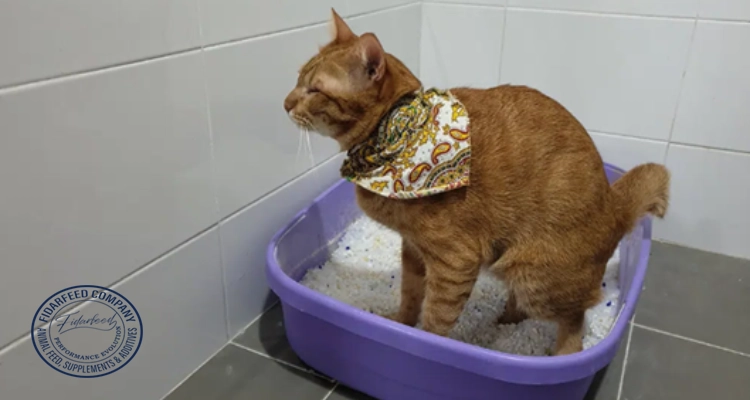
Is your cat constipated? If you’re a breeder or someone working in the cat feed industry, you know that even small health issues can disrupt not only the wellbeing of your cats but also the productivity and trust in your breeding program. Constipation in cats is more than a passing inconvenience—it can be a sign of deeper issues and, if untreated, may lead to serious complications. Fortunately, there are effective home remedies and practical steps you can take before it reaches that point. In this guide, we’ll walk you through how to identify the symptoms, address the causes, apply safe treatments at home, and recognize when it’s time to seek veterinary help. Let’s dive in and make sure your cats stay healthy, comfortable, and thriving.
Is Your Cat Constipated? Key Signs Every Breeder Should Know
Spotting constipation early is crucial for preventing complications like megacolon or chronic discomfort. Cats are known for their stoicism, so symptoms aren’t always obvious. But as a breeder or caretaker, subtle changes in behavior can tell you a lot.
Learn more about: Synbiotic Supplement for Dogs and Cats
Here’s what to watch for:
-
Infrequent or absent stool in the litter box
-
Straining or crying when trying to defecate
-
Dry, hard, or pellet-like feces
-
Loss of appetite and lethargy
-
Swollen or painful abdomen
-
Unusual aggression or hiding behavior
One breeder noticed her usually energetic Siamese was avoiding the litter box entirely. It turned out the cat hadn’t defecated in three days and was in considerable discomfort. A quick intervention prevented further escalation. Recognizing these signs early can help you act fast and avoid long-term health issues.
Why Is Your Cat Constipated? Common Causes Breeders Must Watch
Constipation doesn’t happen in a vacuum. There’s usually an underlying cause—many of which are preventable in a controlled breeding or cattery environment.
Here are some of the most common triggers:
-
Dehydration: Especially common in cats that eat primarily dry kibble.
-
Low fiber intake: A diet lacking in insoluble fiber can slow intestinal transit.
-
Hairballs: Frequent grooming, especially in long-haired breeds, can lead to blockages.
Learn more about: Do Cats Get Vaccines? Essential Shots Every Cat Owner Should Know About
-
Lack of exercise: Indoor or caged cats that don’t move much have slower gut function.
-
Stress: Changes in environment or routine can disrupt digestive health.
-
Underlying medical issues: Kidney disease, neurological disorders, or pelvic injuries can also contribute.
According to a study in the Journal of Feline Medicine and Surgery, constipation is more prevalent in older cats and those with diets low in moisture content. But with early attention, most cases can be reversed without invasive treatment.
Effective Home Remedies for Cat Constipation Breeders Can Trust
When your cat shows signs of mild constipation and isn’t in acute distress, you can often try some safe and effective home treatments first.
Some breeder-approved remedies include:
-
Canned pumpkin (plain, not spiced) – rich in soluble fiber and gentle on the stomach.
-
A teaspoon of olive oil or coconut oil – acts as a mild lubricant.
-
Switch to wet food – significantly increases hydration.
Learn more about: Is Your Furry Friend Stressed? Common Causes of Stress in Cats
-
Mild laxatives or stool softeners – only those approved by your vet, such as lactulose.
Always introduce changes gradually and monitor your cat’s response. If symptoms persist for more than 48 hours, it’s time to consult a vet.
Add More Fiber: A Key Part of Effective Home Remedies
Diet is often the root cause—and solution—for constipation. For breeders feeding multiple cats, consistency is key.
What works:
-
Psyllium husk: Found in fiber supplements; mix a pinch into wet food.
-
Switching to high-fiber commercial diets: Look for veterinary-recommended brands that list beet pulp or cellulose as ingredients.
-
Adding mashed pumpkin or cooked carrots: These help improve stool quality naturally.
Fiber balances intestinal health, adds bulk to stool, and supports regular bowel movements. Keep in mind that too much fiber can backfire—start small and adjust based on results.
Hydration & Constipation: Effective Home Remedies Start Here
Water is essential for healthy digestion. Cats often don’t drink enough, especially if they’re eating dry kibble.
Here’s how to boost their water intake:
-
Offer wet food at least once daily
-
Add water or low-sodium chicken broth to meals
Learn more about: Smart Shopping: The Probiotic Online Buyer’s Guide for Animal Feed Supplements
-
Use cat water fountains – many cats prefer moving water
-
Place water bowls in multiple quiet spots
Hydration helps soften stools and keeps things moving. For breeders managing several cats, ensuring multiple hydration points around your space can reduce competition and improve intake.
Keep Them Moving: Natural Ways to Help if Your Cat Is Constipated
Just like humans, physical activity stimulates digestion in cats. Sedentary lifestyles, particularly in indoor breeding environments, can slow bowel function.
Tips to get cats moving:
-
Interactive toys like feather wands or laser pointers
-
Vertical climbing spaces to promote jumping and exploration
-
Scheduled playtime – even 10 minutes twice a day makes a difference
Learn more about: How to Train Your Cat: The Ultimate Guide
For multi-cat homes, rotating toys and rearranging play spaces keeps things interesting and encourages movement.
When Effective Home Remedies Fail: Knowing When to Call the Vet
While home remedies are helpful, they’re not a cure-all. If your cat:
-
Hasn’t pooped in more than 48–72 hours
-
Is visibly in pain or has a swollen belly
Learn more about: Probiotic Supplements
-
Vomits or stops eating
-
Shows signs of lethargy or confusion
…it’s time to call the vet immediately. Your cat may need an enema, fluids, or further diagnostic work like X-rays to check for a blockage.
For breeders, early vet intervention protects not only the cat but the health of your entire breeding population.
Breeder Tips: Prevent Constipation Before It Affects Your Cat
Prevention is always better than cure, especially in a breeding environment.
Best practices include:
-
Balanced, fiber-rich nutrition
-
Consistent hydration routines
-
Routine grooming, especially in long-haired breeds
Learn more about: Meat Meal in Animal Feed: What It Is, How It’s Made, and Why It Matters
-
Regular exercise and enrichment
-
Monitoring litter boxes for changes in stool frequency or texture
Create a health tracking system for each cat—knowing their normal habits makes spotting issues easier and quicker.
Final Thoughts: Effective Home Remedies & Happy, Healthy Cats
Constipation in cats is common, but it doesn’t have to be a recurring problem. With the right nutrition, hydration, activity, and vigilance, most cases are completely manageable at home. For breeders and cat feed stakeholders, staying proactive is not only key to animal welfare but also to maintaining a reputable and responsible operation.
Whether you’re dealing with one constipated kitten or managing a breeding colony, these tips and home remedies can help you take action quickly and confidently.
Have your own tried-and-true remedies or questions? Leave a comment below—we’d love to hear your experiences, concerns, or success stories. Let’s keep our cats—and our catteries—running smoothly.


